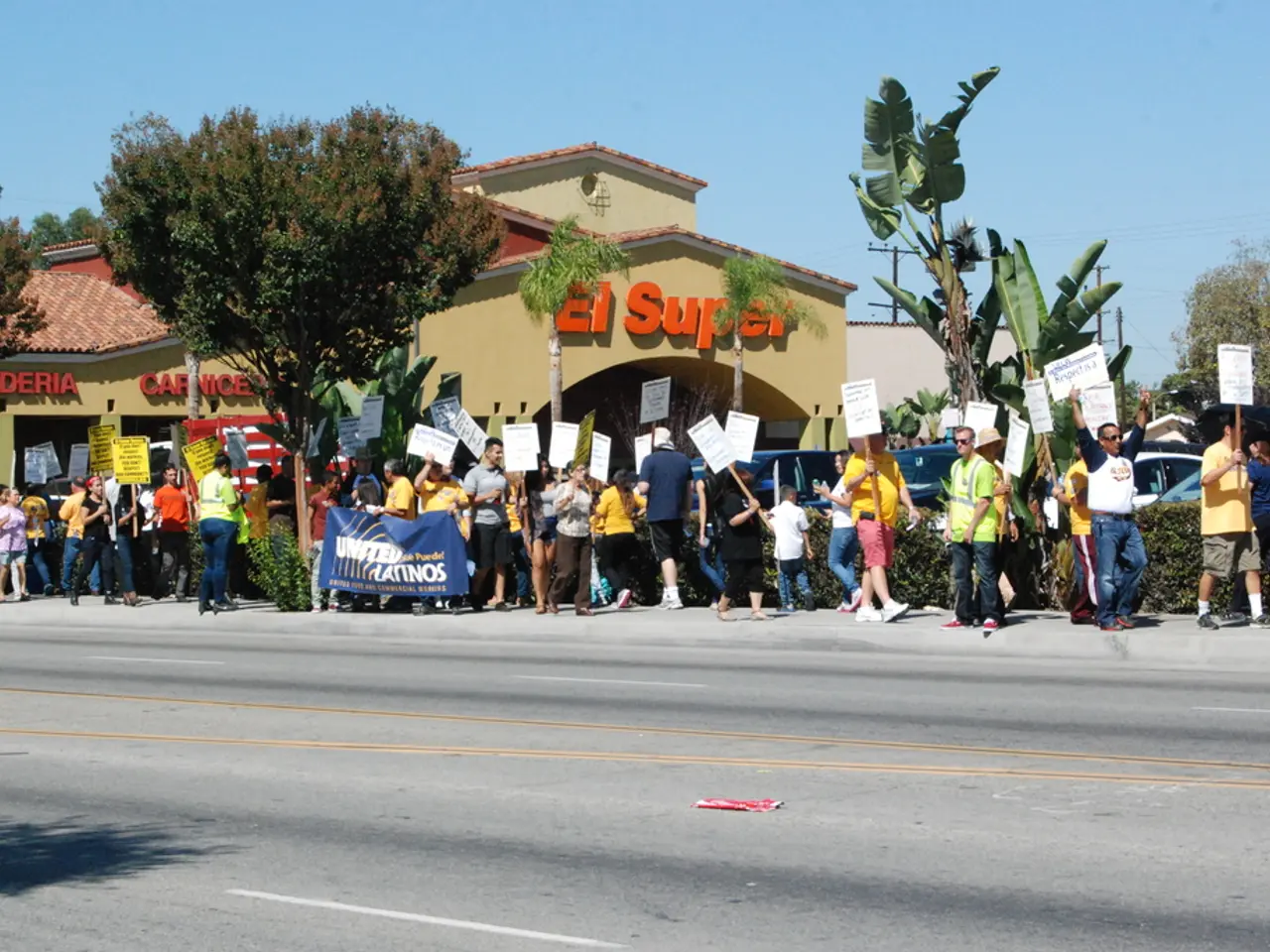Parliamentary Elections Consolidated: A Comprehensive Overview
German Politician Proposes Unified Election Day for State Parliaments
German Green Party politician Omid Nouripour has proposed a radical shift in the country's electoral calendar, suggesting that all state parliaments' elections be held on the same day in the future. This move, aimed at reducing the "breathlessness" in politics, would face significant hurdles but could potentially offer more time for politicians to implement their ideas.
Currently, the Bundestag, Germany's federal parliament, is elected every four years, while state parliaments (except Bremen) are elected every five years. Nouripour has suggested extending the Bundestag's term to five years, aligning it with the state parliaments' election cycle. This change would require amending the Basic Law, Germany's constitution.
If implemented, the Bundestag's legislative period could be extended to five years. This would provide those in charge with "actual time to implement their ideas," as stated by Nouripour. The proposal also aims to address the current maximum time between two election campaigns being six months, leading to a sense of "breathlessness" in politics.
Nouripour's solution is to bundle elections, such as having the Bundestag and local elections on the same day. This would not only apply to the states currently following a five-year cycle but would also affect those following a four-year cycle, such as Berlin.
The Green politician did not specify how the current system would transition to the proposed one. However, he has suggested combining the election of the Bundestag with local elections as a potential solution.
Notable supporters of Nouripour's proposal include state politicians in Baden-Württemberg. However, as of September 2025, specific names of other federal or state politicians actively supporting or arguing for this proposal have not been explicitly detailed in the available sources.
In the coming year, there will be five state elections on four different dates in March and September: Baden-Württemberg, Rhineland-Palatinate, Saxony-Anhalt, Berlin, and Mecklenburg-Vorpommern. If Nouripour's proposal is implemented, all these elections could take place halfway through the Bundestag's term, providing more time for politicians to implement their ideas.
Implementing Nouripour's proposal for all state parliaments' elections to take place on the same day would face significant hurdles. Both the federal and state governments would need to agree to the proposal, as the election dates for state parliaments are set at the state level and regulated in state constitutions.
Despite these challenges, Nouripour's proposal has sparked a debate about the pace of politics in Germany and the potential benefits of a more coordinated electoral calendar. Whether or not this proposal becomes a reality remains to be seen, but it has certainly brought a new perspective to the discussion of electoral reform in Germany.
Read also:
- ICE directed to enhance detention conditions following NYC immigrants' allegations of maltreatment
- Israeli finance minister issues warnings about potential annexation of West Bank territories
- United States faces rebuttal from South Africa over allegedly deceitful human rights report and assertions of land expropriation
- Accident at Rodalben Results in Injuries; Geoskop Area near Kusel Affected After Stormy Weather








